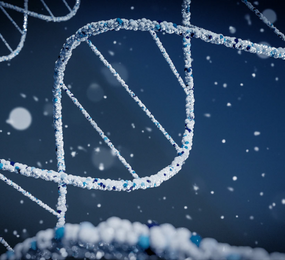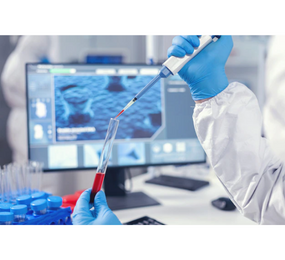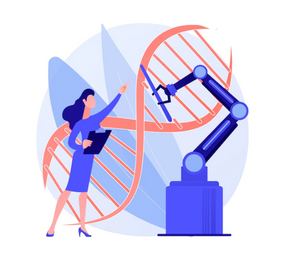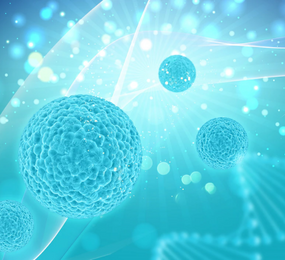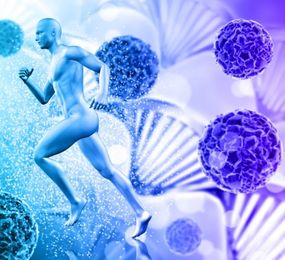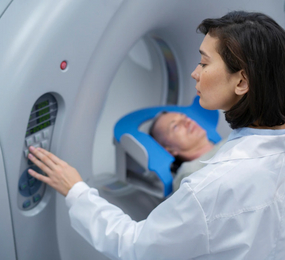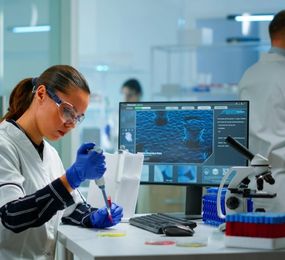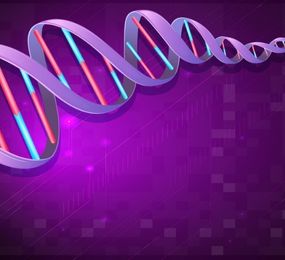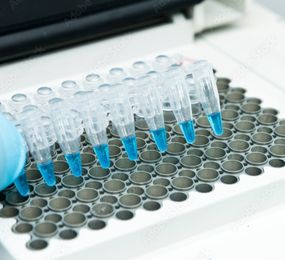Biomanufacturing is on the cusp of a revolution, driven by the transformative power of artificial intelligence (AI). AI is no longer science fiction – it's becoming a reality, with the potential to optimize processes, predict outcomes, and propel biomanufacturing towards a new era of efficiency and success.
Unlocking the Power of Data:
Biomanufacturing generates vast amounts of data – from bioreactor parameters to cell growth patterns. AI, particularly machine learning algorithms, can analyze this data to identify hidden patterns and trends. This empowers biomanufacturers to:
-
Optimize Process Parameters: AI can analyze historical data to identify the optimal settings for temperature, pH, and other crucial factors in bioprocesses, leading to increased yields and product quality.
-
Predict Process Deviations: By learning from historical trends, AI can anticipate potential problems like equipment malfunctions or deviations in cell growth. This allows for proactive interventions, minimizing production downtime and ensuring product quality.
From Reactive to Predictive:
AI is shifting the biomanufacturing paradigm from reactive to predictive. Here's how:
-
Predictive Maintenance: AI can analyze sensor data to predict equipment failures before they occur. This enables preventative maintenance, minimizing downtime and production disruptions.
-
Quality Control: AI can analyze real-time data to identify potential quality issues early in the production process. This allows for swift corrective actions, ensuring consistent product quality.
The Future Landscape:
The integration of AI in biomanufacturing is rapidly evolving:
-
Closed-Loop Systems: AI-powered biomanufacturing facilities could become self-optimizing, automatically adjusting process parameters in real-time based on data analysis.
-
Digital Twins: Creating digital replicas of bioprocesses using AI allows for virtual simulations, facilitating process optimization and risk mitigation before actual production begins.
-
Personalized Medicine: AI can analyze patient data to design and manufacture personalized biotherapeutics, ushering in a new era of precision medicine.
Challenges and Considerations:
Integrating AI into biomanufacturing comes with challenges:
-
Data Security: Robust data security measures are crucial to protect sensitive biomanufacturing data.
-
Algorithmic Bias: Ensuring AI algorithms are unbiased and trained on robust datasets is essential to avoid inaccurate predictions.
-
Regulatory Landscape: Regulatory bodies are still adapting to the use of AI in biomanufacturing, and clear guidelines are needed.
The future of biomanufacturing is intertwined with AI. By embracing this transformative technology and addressing the existing challenges, biomanufacturers can unlock new levels of efficiency, process control, and product quality. AI has the potential to streamline production, minimize risks, and ultimately deliver life-saving and innovative bioproducts to patients worldwide.
To register or learn more about the Forum please check here: https://bit.ly/3WRMLFS.
For more information and group participation, contact us: [email protected]


